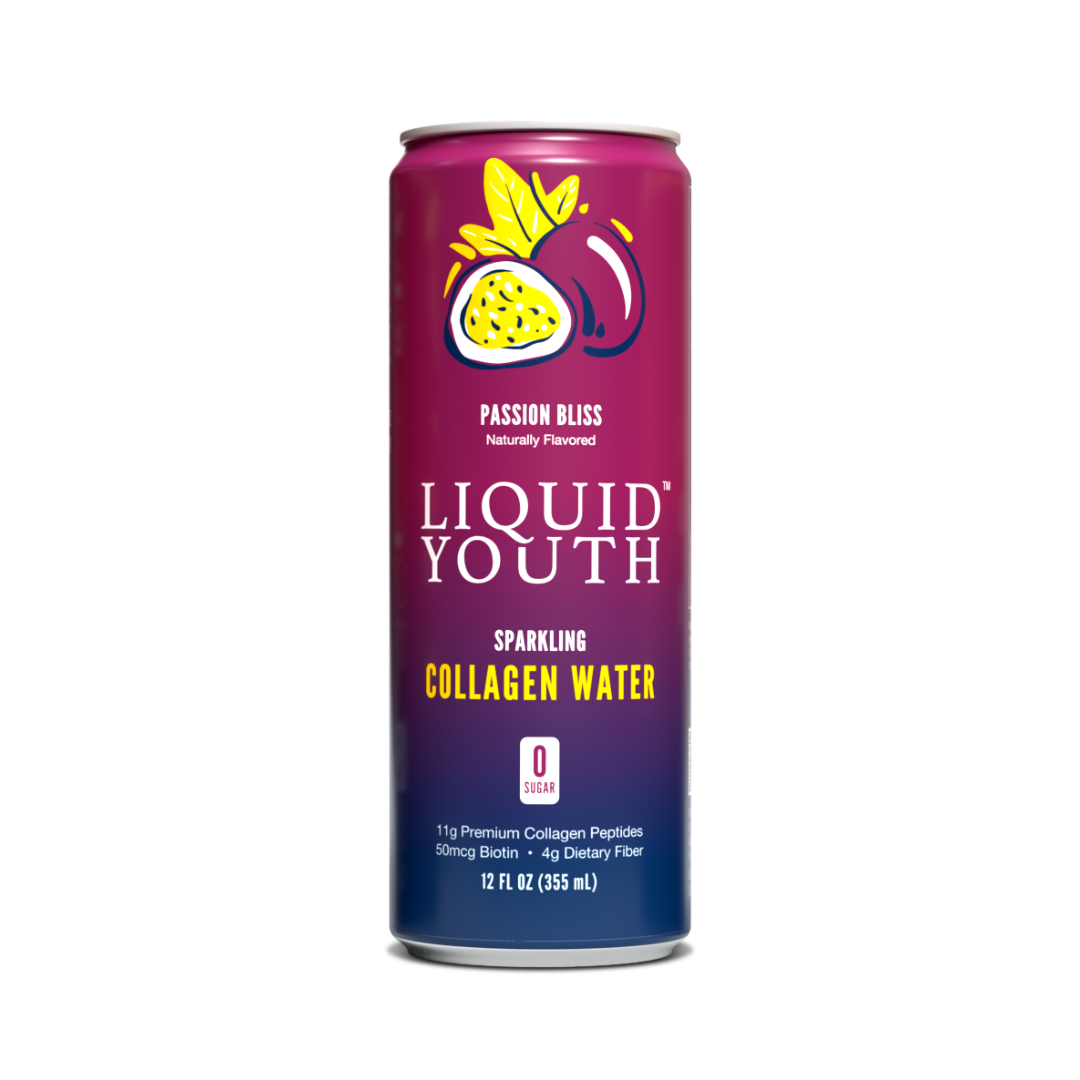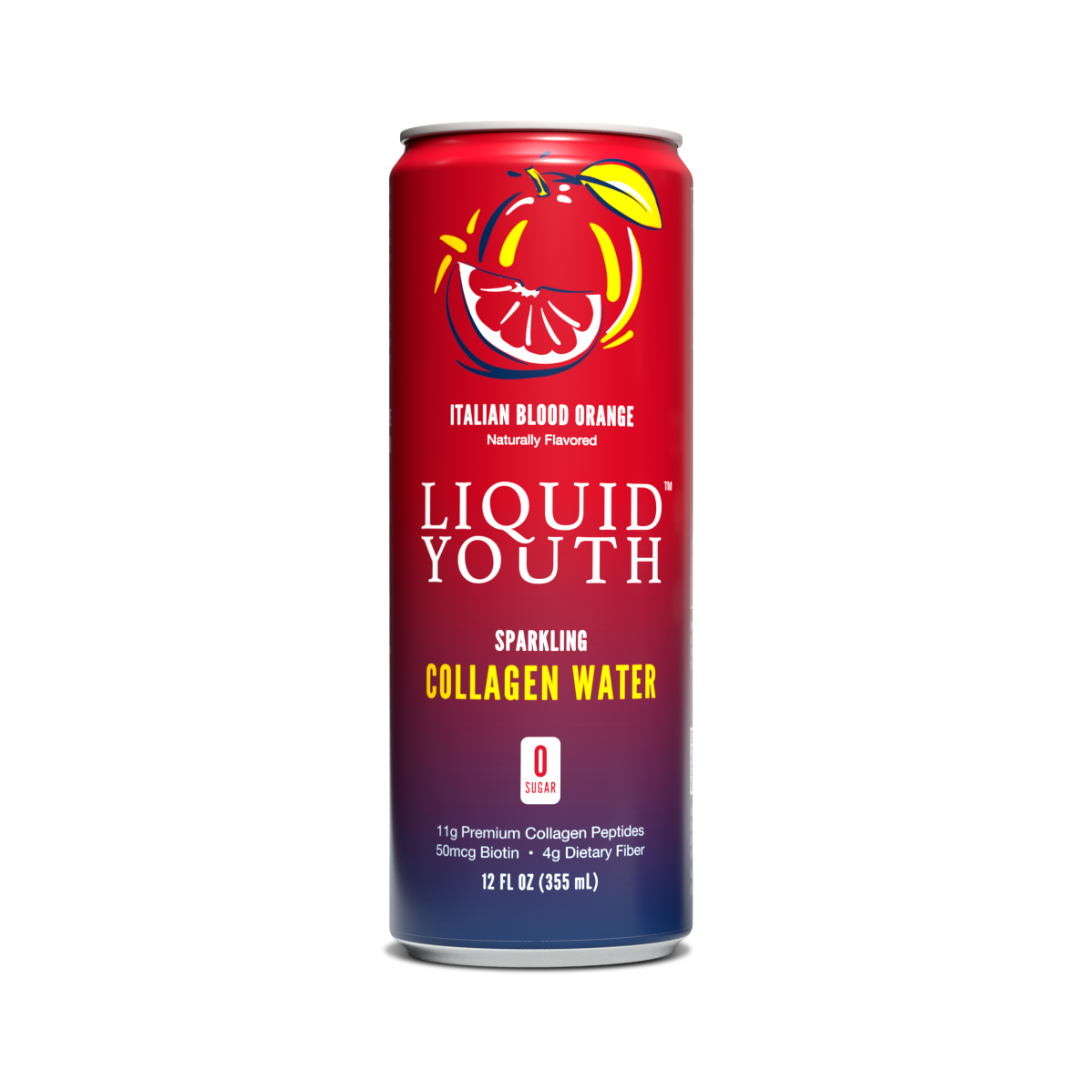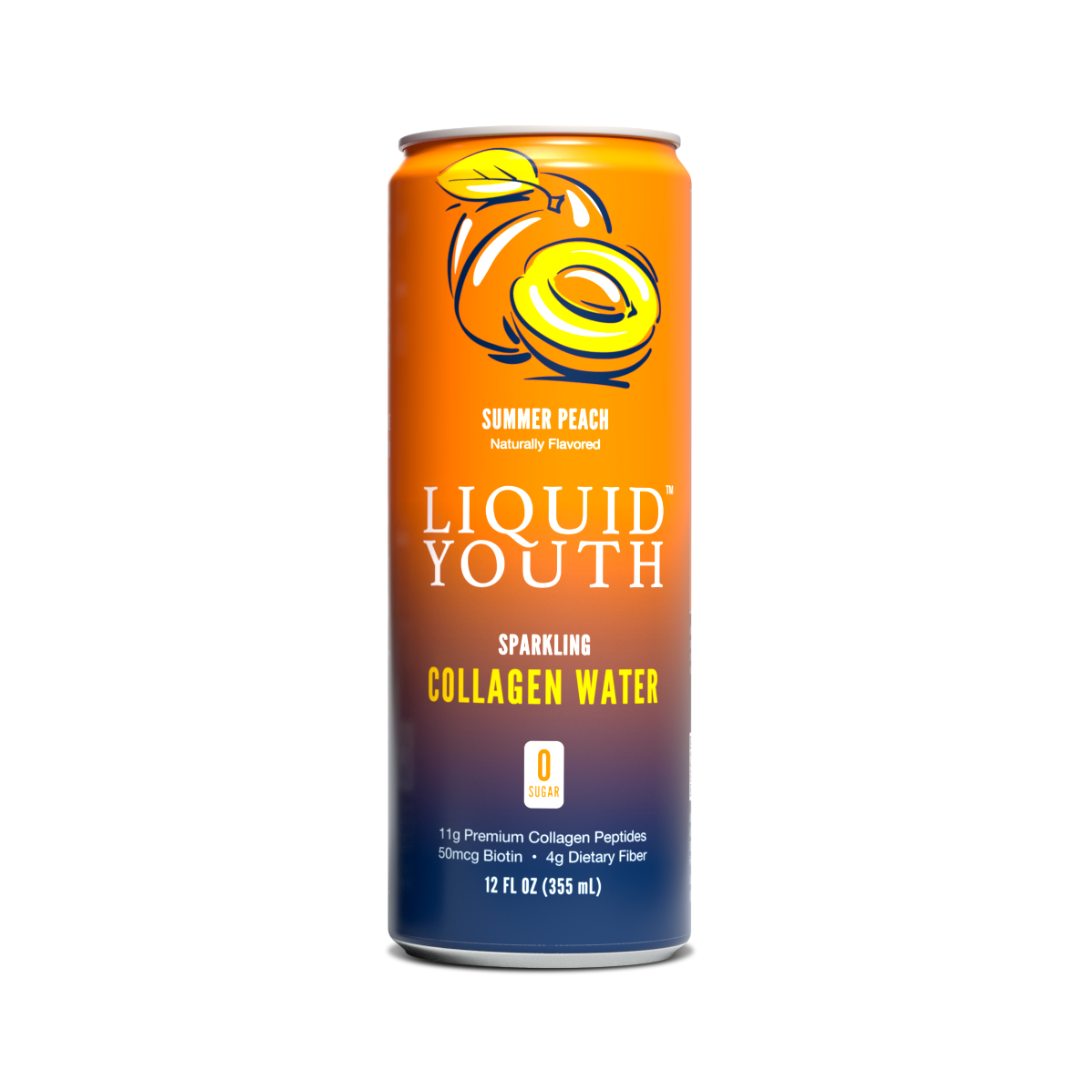Key Findings on Biotin and Collagen Peptides Article
- Biotin is effective for addressing hair loss caused by biotin deficiency, but it may not significantly improve hair health in individuals without a deficiency.
- Collagen peptides show emerging clinical evidence of improving hair health, including thickness and hydration.
- Collagen peptides offer additional benefits for skin and joint health, making them a more versatile supplement compared to biotin.
The Complete Guide to Biotin and Collagen Peptides: Your Path to Radiant Health
When it comes to achieving radiant skin, luscious hair, and strong nails, biotin, and collagen peptides are two powerhouse supplements that often steal the spotlight. Nutrient-rich foods, particularly those high in protein, vitamins, and minerals, are the foundation for healthy hair growth. Adequate hydration ensures that hair follicles are properly nourished, and managing stress can prevent stress-related hair loss. Furthermore, avoiding harsh chemical treatments and excessive heat styling can minimize damage and promote healthier hair growth.
A recent study, "Natural Hair Supplements: Biotin and Collagen," by Sharon Ann Van Wicklin and published in Plastic and Aesthetic Nursing, explores the benefits and misconceptions surrounding these popular supplements.1 The rising demand for natural solutions to hair thinning has led to an explosion of interest in biotin and collagen, with Google searches for these terms soaring in recent years. This article reviews the evidence behind these supplements, comparing their effectiveness in helping consumers make informed choices.
The Rise of Biotin: What You Need to Know
Biotin, also known as vitamin B7, has been a household name in the world of hair supplements for years. Biotin, a water-soluble B vitamin, is often marketed as an ingredient for hair growth. It plays a vital role in metabolizing fatty acids, carbohydrates, and amino acids, providing energy for the body and hair roots.2 Biotin is essential for keratin production, a key protein in healthy hair, skin, and nails.
Is Biotin Effective?
Despite its popularity, scientific evidence does not support biotin supplementation for improving hair growth in individuals without deficiencies.3 While biotin is often touted for its role in hair health, it is essential to consider the broader context of hair loss and its potential causes. Factors such as hormonal imbalances, nutritional deficiencies, and genetic predispositions can significantly impact hair health.4 However, the evidence supporting biotin's efficacy in promoting hair growth in individuals without a deficiency is limited.
A review found that while biotin supplementation can improve hair and nail health in those with a deficiency, insufficient evidence supports its use in healthy individuals.4 Studies indicate that biotin deficiency is rare, typically occurring in cases of chronic alcohol use, certain genetic disorders, or prolonged antibiotic use.5 For most people, dietary intake from sources like eggs, nuts, and chicken is sufficient.6 Therefore, for those without a deficiency, the benefits of biotin supplementation for hair growth are not well-supported by scientific evidence. Moreover, excessive biotin supplementation can interfere with laboratory tests. High doses may improve hair and nail quality in deficient individuals but offer little benefit to the general population.7
Collagen Peptides: The Better Alternative?
Collagen, the most abundant protein in the body, forms the structural foundation of hair, skin, and nails.8 It is essential for maintaining elasticity and hydration, especially in the scalp and hair follicles.
How Does Collagen Work?
As we age, collagen production decreases by about 1% annually, leading to weaker hair, thinning skin, and wrinkles. Supplementing with collagen peptides derived from sources like fish or bovine helps replenish these stores.
Clinical studies show that collagen peptides improve hair thickness and reduce dryness by supplying essential amino acids to fibroblasts—cells that synthesize new collagen.9 Unlike biotin, collagen directly integrates into the skin and dermal layer, promoting structural integrity and hair strength.9
What Science Says About Collagen and Biotin
Biotin may offer limited benefits for hair health in healthy individuals with no biotin deficiencies. In contrast, collagen peptides have demonstrated broader applications. For instance:
- Collagen supplementation reduces signs of aging, hydrates the scalp, and strengthens hair.10
- Biotin lacks clinical trials confirming its efficacy for hair growth in healthy populations.3,1
Biotin vs. Collagen Peptides: Do You Need Both?
While biotin and collagen peptides are both popular for hair health, collagen appears to offer more substantial benefits for the general population. Unlike biotin, which addresses specific deficiencies, collagen strengthens the hair's foundation and improves overall quality. Incorporating collagen peptides into a daily routine through supplements such as collagen peptides can be a practical step toward healthier hair.
Practical Tips for Using Collagen Peptides
If you're ready to incorporate collagen peptides into your routine, here are some easy ways to get started:
- Add to Your Morning Coffee or Smoothie: Collagen peptides are tasteless and dissolve easily, making them a convenient addition to your favorite drinks.
- Choose a High-Quality Supplement: Look for collagen peptides sourced from grass-fed, pasture-raised animals for the best results.
- Be Consistent: Like any supplement, collagen peptides take time to show results. Aim to use them daily for at least 8–12 weeks to see noticeable improvements in hair health.
By making collagen peptides a part of your daily routine, you can support your hair and your skin, nails, and overall well-being.
References
1 Van Wicklin, S. A. Natural Hair Supplements: Biotin and Collagen. Plast Aesthet Nurs (Phila) 43, 107-111 (2023). https://doi.org/10.1097/psn.0000000000000508
2 Bistas KG, T. P. Biotin. StatPearls (2024).
3 Soleymani, T., Lo Sicco, K. & Shapiro, J. The Infatuation With Biotin Supplementation: Is There Truth Behind Its Rising Popularity? A Comparative Analysis of Clinical Efficacy versus Social Popularity. J Drugs Dermatol 16, 496-500 (2017).
4 Patel, D., Swink, S. M. & Castelo‐Soccio, L. A Review of the Use of Biotin for Hair Loss. Skin Appendage Disorders 3, 166-169 (2017). https://doi.org/10.1159/000462981
5 Guo, E. L. & Katta, R. Diet and hair loss: effects of nutrient deficiency and supplement use. Dermatol Pract Concept 7, 1-10 (2017). https://doi.org/10.5826/dpc.0701a01
6 Institute of Medicine Standing Committee on the Scientific Evaluation of Dietary Reference, I., its Panel on Folate, O. B. V. & Choline. in Dietary Reference Intakes for Thiamin, Riboflavin, Niacin, Vitamin B(6), Folate, Vitamin B(12), Pantothenic Acid, Biotin, and Choline (National Academies Press (US) Copyright © 1998, National Academy of Sciences., 1998).
7 Grimsey, P. et al. Population Pharmacokinetics of Exogenous Biotin and the Relationship Between Biotin Serum Levels and In Vitro Immunoassay Interference. International Journal of Pharmacokinetics 2, 247-256 (2017). https://doi.org/10.4155/ipk-2017-0013
8 Campos, P., Melo, M., Calixto, L. & Fossa, M. An Oral Supplementation Based on Hydrolyzed Collagen and Vitamins Improves Skin Elasticity and Dermis Echogenicity: A Clinical Placebo-Controlled Study. Clinical Pharmacology & Biopharmaceutics 04 (2015). https://doi.org/10.4172/2167-065X.1000142
9 Asserin, J., Lati, E., Shioya, T. & Prawitt, J. The effect of oral collagen peptide supplementation on skin moisture and the dermal collagen network: evidence from an ex vivo model and randomized, placebo-controlled clinical trials. Journal of Cosmetic Dermatology 14, 291-301 (2015). https://doi.org/https://doi.org/10.1111/jocd.12174
10 de Miranda, R. B., Weimer, P. & Rossi, R. C. Effects of hydrolyzed collagen supplementation on skin aging: a systematic review and meta-analysis. Int J Dermatol 60, 1449-1461 (2021). https://doi.org/10.1111/ijd.15518





















